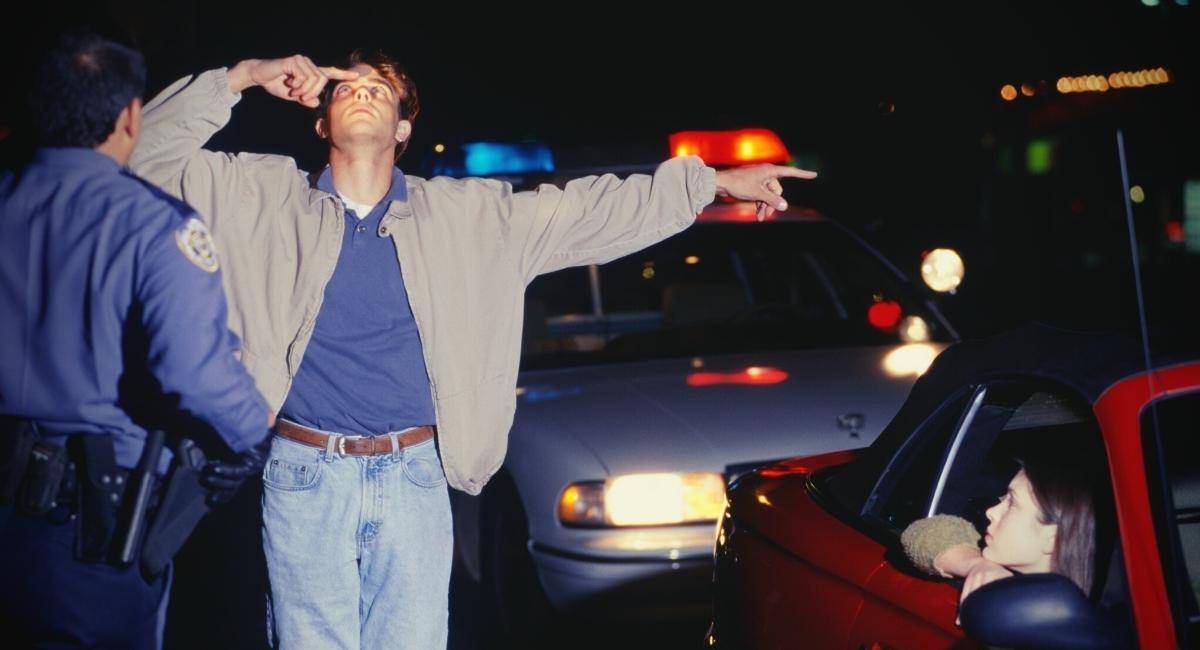In some DWI cases, the Fort Worth criminal defense attorney can show at trial that the defendant’s breath or blood alcohol concentration (BAC) was likely below the legal limit at the time of driving and peaked at the time of testing. In other cases, the prosecutor will use retrograde extrapolation to show that the defendant’s BAC was likely higher at the time of driving than at the time of testing.
The State must prove a defendant was intoxicated at the time of his offense, and not just at the time his blood was drawn. Kirsch v. State, 306 S.W.3d 738, 745 (Tex.Crim.App. 2010). In
In Kuciemba v. State, 310 S.W.3d 460, 462 (Tex.Crim.App. 2010), the court concluded that the prosecution must establish a “temporal link between the defendant’s intoxication and his driving.” In other words, the BAC test is a snapshot of the BAC level taken long after the time of driving which is the time that matters.

Retrograde Extrapolation Defense Lawyer in Fort Worth, Arlington, Grapevine, Keller, and Southlake, TX
The Fort Worth DWI attorneys at the Law Offices of Richard C. McConathy are experienced in using retrograde extrapolation testimony through a defense expert at trial. The attorneys are also experienced in contesting the testimony when a state expert used retrograde extrapolation. This evidence can be used in both DWI breath test cases and DWI blood tests involving a test to determine the alcohol concentration.
If your DWI case involves evidence of retrograde extrapolation, then contact an experienced criminal defense attorney at the Law Offices of Richard C. McConathy. Our attorneys fight DWI cases throughout Tarrant County, TX. Call (817) 422-5350 for a free consultation to discuss your case.
What is Retrograde Extrapolation in a Texas DWI Case?
Retrograde extrapolation is the computation back in a time of a blood or breath test result to estimate the level of alcohol or other substances in a defendant’s body at the time he was driving. Price v. State, 59 S.W.3d 297, 300 n.1 (Tex.App.–Fort Worth 2001, pet. ref’d).
In some cases, the DWI defense attorney will use an expert in retrograde extrapolation to show that although the defendant’s BAC level was over .08 at the time of testing, it was actually below .08 at the time of driving. In other cases, the prosecution will use retrograde extrapolation analysis testimony to demonstrate that the test results were relevant to the defendant’s intoxication at the time of driving or being in actual physical control of the vehicle even when the BAC level was below .08 at the time of testing.
When that evidence is not presented by the prosecution, especially when the BAC was below .08 at the time of testing, the defense will often argue that the lack of retrograde extrapolation testimony rendered the test results irrelevant.
When Retrograde Extrapolation Testimony is Not Required
Despite this fact, the law is well-settled in Texas that retrograde extrapolation testimony is only one method of providing this temporal connection. For this reason, retrograde extrapolation testimony is not always required in order to prove a temporal connection. In Torres v. State, 109 S.W.3d 602, 606 (Tex.App.–Fort Worth 2003, no pet.), the court noted that the Court of Criminal Appeals has never required retrograde extrapolation evidence as a condition of the admissibility of BAC test results.
Further, courts have recognized that unextrapolated test results based on blood or breath samples taken after a defendant’s arrest are relevant in cases in which a defendant is accused of DWI and causing an accident due to intoxication because those results make it more probable that the defendant was intoxicated at the time that he or she drove. See, e.g., Manning v. State, 114 S.W.3d 922, 927 (Tex.Crim.App. 2003). This is especially true when there is no evidence to suggest that the defendant consumed any alcohol after the time of driving but before the testing.
Find a Tarrant County DWI Defense Attorney | Law Offices of Richard C. McConathy
Were you recently arrested for a DWI anywhere in the greater Tarrant County area? Do not say anything to authorities until you have legal representation. Contact Law Offices of Richard C. McConathy today.
Richard McConathy is an experienced criminal defense attorney who represents individuals throughout Tarrant County, Southlake, Fort Worth, Arlington, Grapevine, and Keller, TX area. They can provide a complete evaluation of your case as soon as you call (817) 422-5350 or contact us to schedule a confidential consultation.
